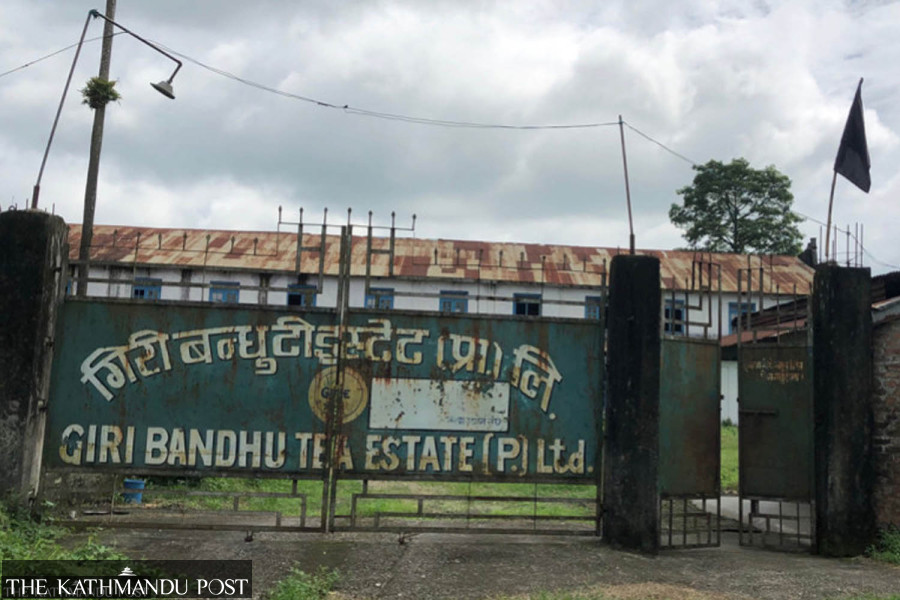Editorial
Eye on land
Nepali politicians, bureaucrats and business mafia have been using land to make illegal profits.
In a landmark verdict on Wednesday, the Supreme Court overturned the decision made by the erstwhile KP Sharma Oli government to allow the Jhapa-based Giri Bandhu Tea Estate to swap land exceeding the legal ownership ceiling in any place within Koshi Province. The top court said the decision contravened Section 12 (c) of the Land Act 1964. The Oli government had in January 2020 revised the Act, inducting a provision to swap the land or sell it to pay the company’s liabilities if it goes into liquidation.
This revision had violated an earlier provision that capped individual ownership of land at 28 bighas, including three bighas to build a residence. The exception to this ceiling was that if the land was used for industrial or commercial purposes, there would be no ceiling. This provision was introduced to create opportunities for economic activities in the country. It was on this basis that the Giri Bandhu Tea Estate could retain 343.19 bighas of land in what is now lucrative real estate near Birtamode. Investigation has shown the estate owners have been using the properties for purposes other than tea-farming. For instance, a chunk of the land has been illegally used as a bus park.
The Oli government’s act had opened the way for large-scale policy corruption, as the tea estate would be able to swap the expensive land with an inexpensive one. This would essentially allow the estate proprietors to sell the prime land for billions of rupees. With land prices rocketing in the past couple of decades, there has been a flurry of attempts from the land mafia to usurp public properties or buy private lands for cheap, with the intent of plotting and selling them. This was the case in the Lalita Niwas land grab scandal, where over 5.69 hectares were transferred illegally in cahoots with public officials. The accused in the case included prominent politicians, businesspersons and bureaucrats, with over 300 people charged. Similarly, according to an investigation by the Centre for Investigative Journalism, over 5 bighas of land belonging to the Rapti Academy of Health Sciences in Ghorahi, Dang, remains illegally appropriated.
Recent arrests of businessman Arun Chaudhary, Ajit Narayan Singh Thapa and Sanjay Thakur have pointed to a deeper problem of land grabbing in Nepal. The Central Investigation Bureau (CIB) of Nepal Police claims Chaudhary and others illegally converted half-a-hectare of public land belonging to the Bansbari Leather and Shoe Factory in Kathmandu. Where the CG Chandbagh School stands today, according to CIB investigations, is the original land of the publicly owned shoe factory. In 1992, the Chaudhary Group had bought the land for Rs2.5 million whereas the land would fetch Rs8.5 million as per that time’s market rate.
These cases suggest how politicians, bureaucrats and business mafia come together to use land to make illegal gains. When not put under pressure to go soft, the police have been pretty efficient in bringing the culprits to book. Media and the civil society must continue to raise voices to ensure that the last of the illegally obtained or used land is returned to the original owner or purpose.




 20.9°C Kathmandu
20.9°C Kathmandu














